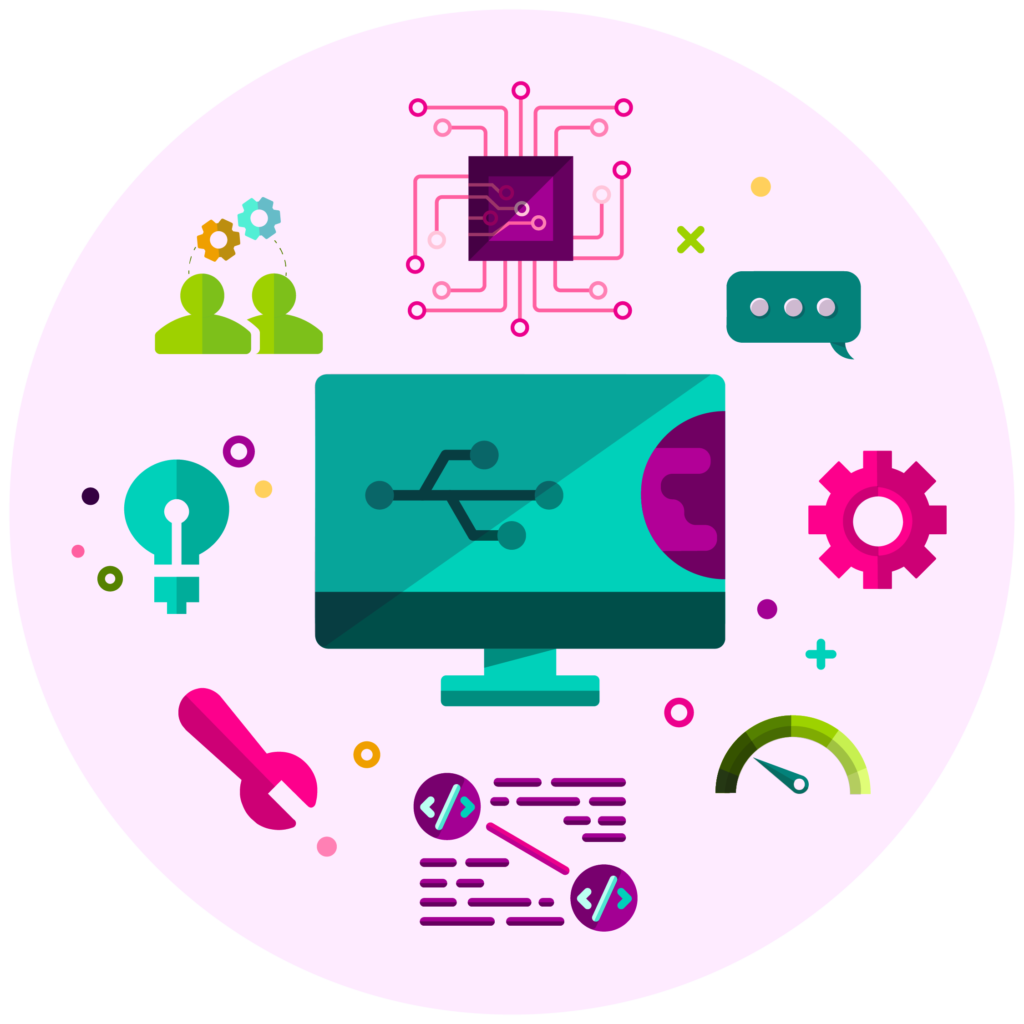Keeping up with tech and automation
Advances in technology and automation including artificial intelligence are rapidly affecting the skills needed across Canada’s labour market. While these changes bring new opportunities, they also create uncertainty and disruption that affect regions and sectors differently. To keep up, skills training must evolve to prepare workers and employers for a more digital and connected world.
Improving access to supports for digital literacy is particularly important for people who face barriers to participation or are at greater risk of technology-driven displacement. Workers equipped with the right digital and technical skills help businesses adopt new technologies faster and more effectively.
Bridging the digital divide
To stay relevant, everyone will need to adapt including employers, workers and skills training systems. However, there is a persistent digital divide. Not everyone has access to emerging technologies. The absence of robust digital infrastructure in remote, rural and Indigenous communities across Canada limits access to critical services, information and opportunities.
There is a pressing need to upskill workers in digital skills and AI across the labour market. We must ensure equity-deserving groups benefit, including newcomers and racialized people, Indigenous communities and people with disabilities.

Key Insights
Canada is at the forefront of the transformative wave of AI, ranking fourth in the number of generative AI companies per capita. Generative AI could add 1.97% to the national GDP. (CBOC)
Yet, Canadian companies are lagging behind their peers in other countries in incorporating AI into their operations. In 2023, AI adoption in organizations here was less than half of that in U.S. organizations. (KMPG)
In Canada, AI tools like ChatGPT could perform nearly 20% of jobs of the future and leave some groups at a disadvantage. AI can also create employment opportunities in some fields and enhance productivity, as seen in countries with high automation but low unemployment.

Digital tools and the skills ecosystem: a double-edge sword

Artificial intelligence and the future of work
Highlights of our impact
FSC, along with our partners, is testing training solutions to help workers develop AI-related skills and keep up with technology. We’re also exploring AI tools that could improve training and employment services. We’re identifying who is most affected, where digital skills are highest in demand, and how to support the workforce through change. From inclusive training in health care to tools that promote ethical hiring and career navigation, we’re turning insights on technology into practical support and solutions.
Using evidence to drive change
Through our State of Skills report series, we bring together lessons on how skills approaches can support workers’ success in a tech-driven economy.
Key questions we’re investigating
- What skills training initiatives and policies will help Canada’s workforce leverage opportunities that technology offers and mitigate the risks?
- What technologies and tools have shown the most promise in enhancing job training and placement services?
- How can we ensure that equity-seeking groups also benefit from technological advancements?




